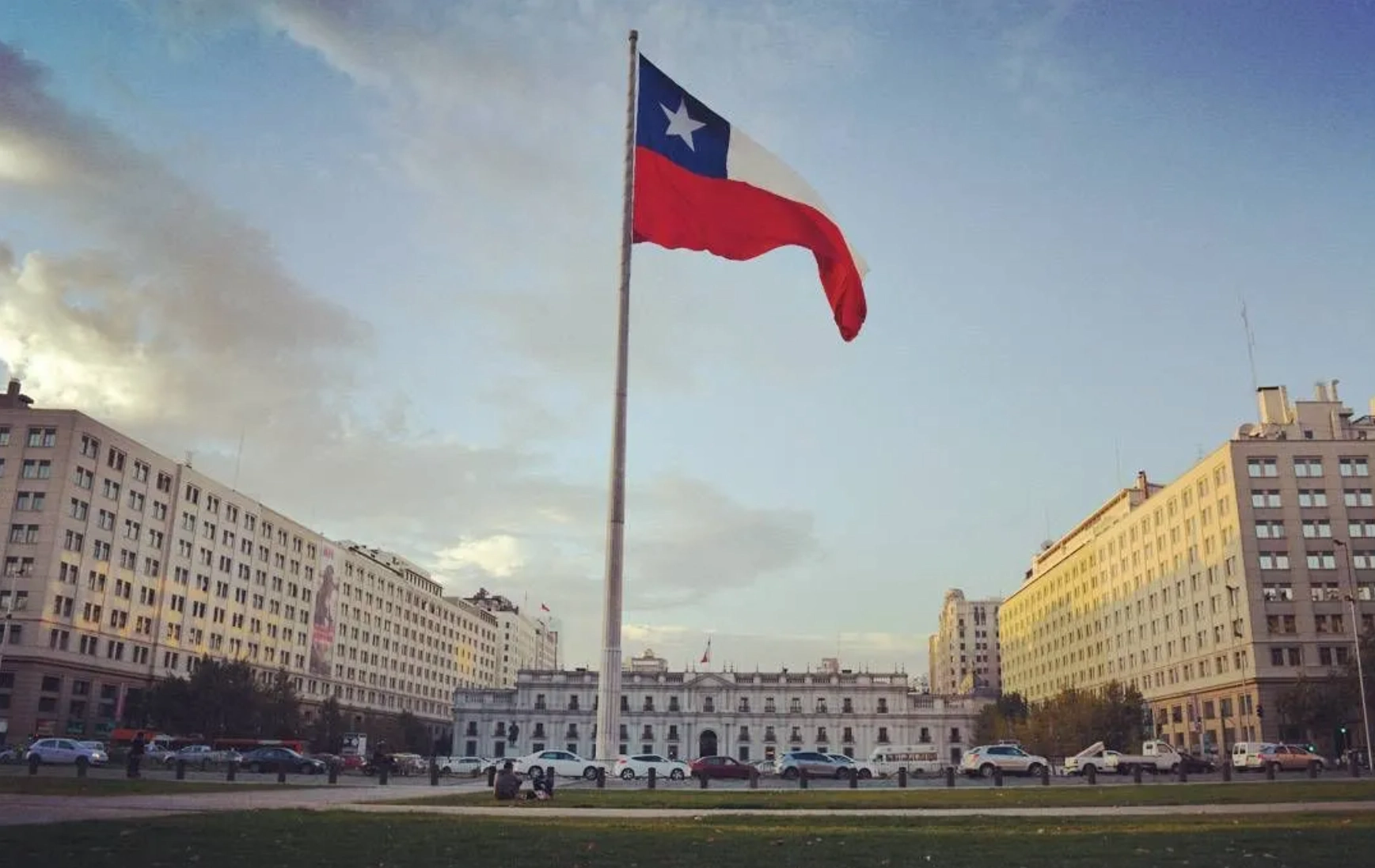President Gabriel Boric began his mandate evoking President Salvador Allende. The young people of his generation, who today govern Chile, were born into political life proposing radical changes to put an end to neoliberalism.
Inspired by a revolutionary epic reminiscent of the seventies, they took up the malaise of the modernization process by questioning the policies promoted by the governments since the return to democracy. They disdained the agreements of the transition and viewed with sympathy (when they did not join in) the social outburst of 2019 and the acceptance of violence. They did not carry the traumas of the democratic breakdown, because they were born in democracy. Their re-foundational ideals and populist proposals found an echo in the parties that had made a successful transition to democracy which, despising their own achievements, joined in the criticisms regarding the model they had promoted. Thus, they had little counterweight to reach power in a few years, in a context of growing polarization.
Refoundational spirit
In the year and a half of the Boric administration, the refoundational spirit had its maximum expression in the Constitutional Convention, whose project for a new Constitution was rejected by 62% of Chileans in the plebiscite of September 2022. From then on, the government has suffered several defeats. Eight months later, in the election of a Constitutional Council to continue the constituent process, the right wing, this time led by its most extreme sector, achieved enough councilors to propose a new text without the need for further support.
The problems of insecurity, terrorism in Araucania, cases of corruption and a stagnant economy, among other factors, have contributed to the fact that the agenda of the commemoration of the 50th anniversary of the military coup of September 11, 1973, has had many stumbling blocks.
A few months into the new government, President Boric announced the commemoration and organization of events focused on the memory of the coup d’état and the victims of human rights violations during the dictatorship in order to value democracy and look to the future. The inspiring concepts were memory, democracy, and the future. The political discussion, from the beginning, showed a profound break regarding the historical meaning of this date.
Memory and controversy in Chile
For the left-wing world, the coup is evaluated in its devastating consequences in terms of human rights violations. For the right-wing and moderate sectors, the coup and human rights violations cannot be explained without understanding what happened before. From the extremes, some reject any critical reference to President Allende’s government, as if it were synonymous with defending Pinochet. This cost the coordinator of the commemoration his dismissal for saying that history could continue to discuss the causes of the coup d’état. He was accused by the Communist Party and human rights organizations of justifying the coup.
On the opposite side, there are those who maintain a justification of the coup and the dictatorship for saving Chile from a Marxist dictatorship.
Against all odds, the debate shifted, for the first time in several decades, to the causes of the breakdown of democracy. Attempts to establish an official truth did not prosper. Debates, chronicles, columns, seminars, documentaries, and numerous publications referring to the history before the military coup have seen the light of day or have been republished. Among them, is the posthumous book by former President Patricio Aylwin, La experiencia política de la Unidad Popular 1970-1973 (The Political Experience of the Popular Unity), presented at the University of Chile by former President Michelle Bachelet and in the presence of President Boric. The book is a documented account of the events that deteriorated democracy until its collapse in 1973. Aylwin was a protagonist of that tragic moment in our history.
Neglect of the forms
Chile had institutional stability for forty years. Without the military coups and ruptures so frequent in Latin America, how was it possible for it to lose its democracy? That question seeks answers by resorting to history and this is a debate that the current left (unlike the previous generation) did not want to have.
Hence, the commemoration of the 50th anniversary has had a different result than the one expected by the government. The latest opinion polls show a very divided perception about the responsibilities in the coup d’état, in which President Allende appears in first place.
The president and the government have behaved erratically, alternating calls for unity with interventions that have added to the present divisions of the past. They have acted with improvisation, neglecting forms and political management. They reached the end of the road with a proposal to the political parties and to the former presidents of a declaration without previous consultation, to which the opposition parties announced they would not subscribe. And part of the right-wing has subscribed to another one. Although both declarations have points in common, the political climate has made a unity meeting unfeasible.
Fundamental agreements
However, despite the polarization and the current disagreement, there are fundamental agreements. The condemnation of human rights violations is unanimous. A military coup as a way of resolving conflicts is not on anyone’s horizon. There is consensus on the valuation of democracy as the only system that allows a civilized coexistence, and its necessary care has been proclaimed by all sectors. The announcement of a plan to search for disappeared detainees has attracted majority support. It is (so far) the greatest contribution of this commemoration to the construction of a future without the wounds that still remain open.
In any case, this commemoration shows us that we have a great challenge: to improve the quality of politics. It was this issue that failed in 1973, and it is the same that is failing today. The quality of politics is also what has prevented us from having a commemoration that allows us to rediscover our memory and our history so that, from there, with its shadows and its lights, we can build a shared future.
*Text originally published in Diálogo Político
**Translated by Janaína Ruviaro da Silva from the original in Spanish.
Autor
Professor and political leader. Former Minister of Education and former National Deputy. President of the board of directors of the Gabriela Mistral University and member of the Amarillos por Chile party.











